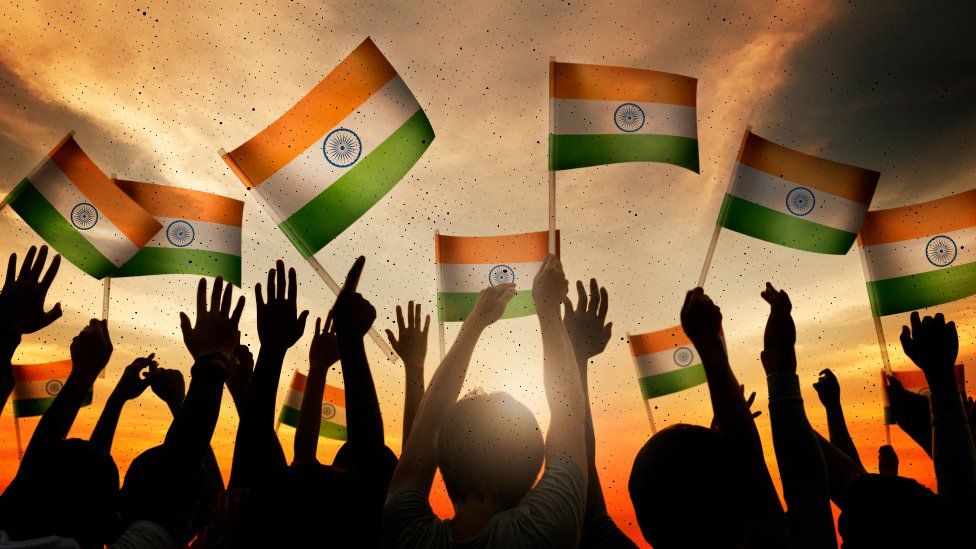


Union Law and Justice Minister Arjun Ram Meghwal introduced the 129th Constitutional Amendment Bill, implementing 'One Nation, One Election' in Lok Sabha. However, opposition leaders, including Congress MP's Manish Tewari and Gaurav Gogoi, raised objections to the Bill, stating that the Parliament does not have the competence to pass such a legislation. Despite the opposition, the Bill was passed with a majority and the House was adjourned till later in the day. Interestingly, Prime Minister Narendra Modi had suggested sending the Bill to the Joint Parliamentary Committee for further consultation when it was first approved by the Union Cabinet.

The High-Level Committee on One Nation, One Election, led by former President Ramnath Kovind, has submitted its recommendations to the President. These recommendations call for simultaneous elections across all tiers of government and propose changes to the Constitution. However, concerns have been raised by state governments, including the Tamil Nadu Assembly, that this policy goes against the principles of democracy and federalism. There is also concern that centralizing the election process could neglect local issues and dilute lower-tier representation. As the body responsible for fair elections, the Election Commission of India must consider these issues carefully.

The Confederation of Indian Industry (CII) is advocating for the implementation of the One Nation One Elections concept, which would result in simultaneous elections at the Central and State levels. This move, according to the CII, would not only bring economic efficiency but also reduce the cost of project delays by half of current levels. The proposal was conveyed to the High Level Committee on ONOE, chaired by former President RamNath Kovind, by a CII delegation led by President R Dinesh. Frequent elections have been identified as a source of disruption and uncertainty for businesses and investors, in addition to being costly.